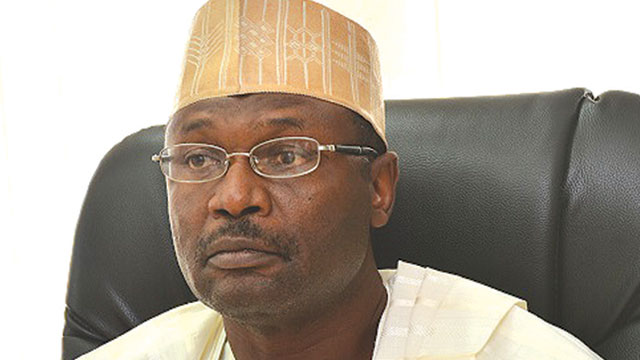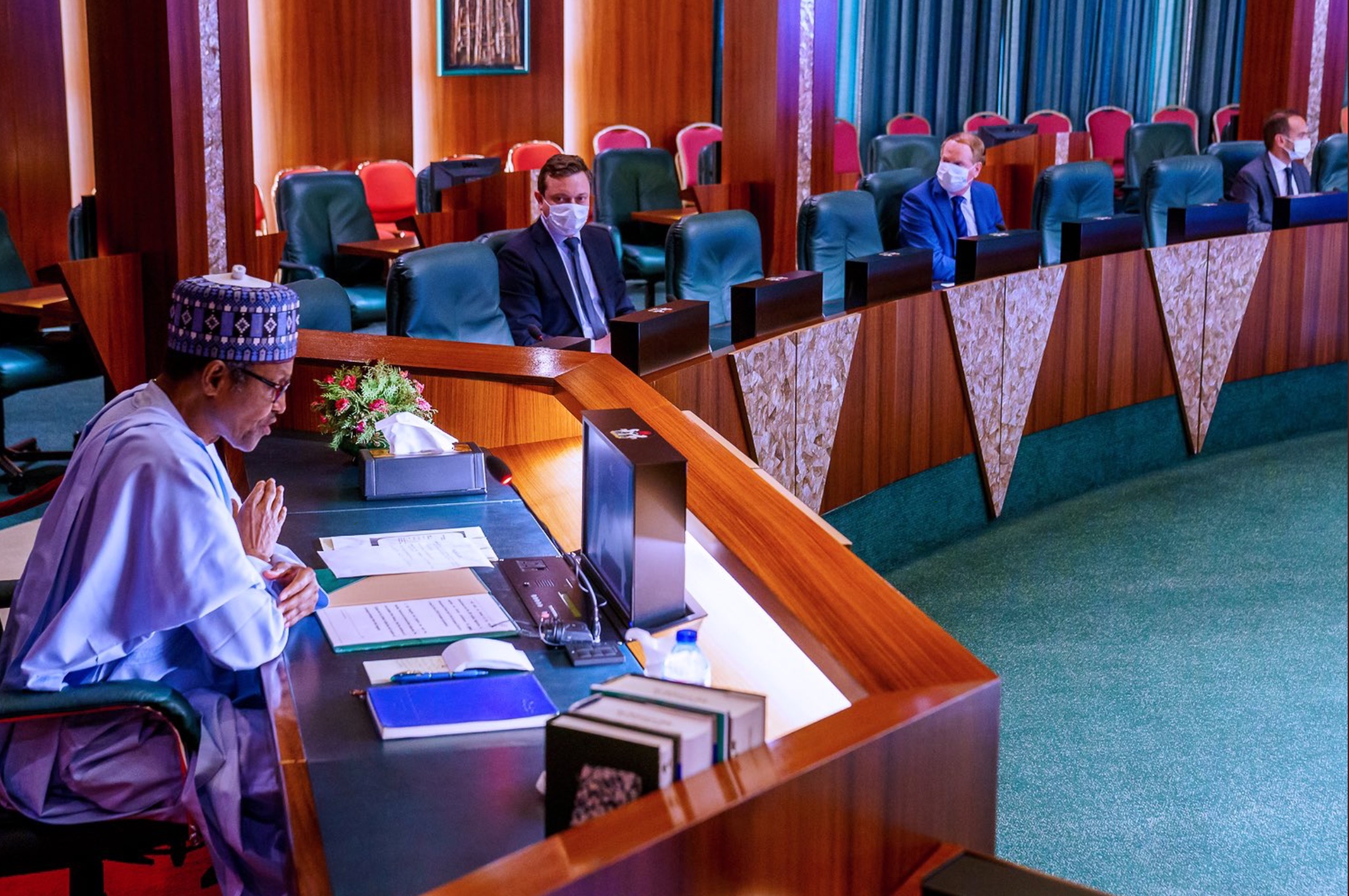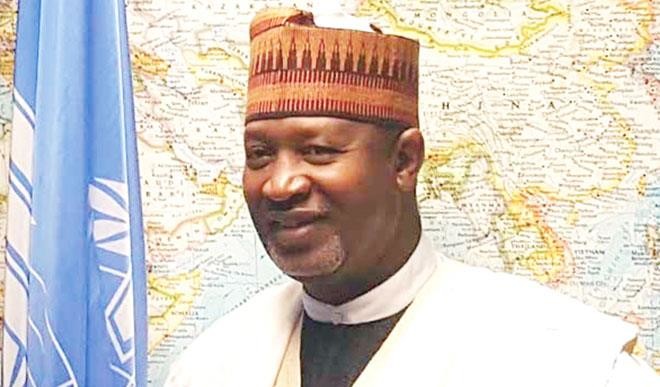The European Union has knocked the Independent National Electoral Commission, INEC for failing to live up to expectations in the electoral process
The European Union has knocked the Independent National Electoral Commission, INEC for failing to live up to expectations in the electoral process of Nigeria.
The Chief Observer, EU Election Observation Mission, Barry Andrews, in his preliminary statement of the EU EOM on the governorship and Houses of Assembly elections on Monday said Nigerians hungered for democracy and were ready to be involved in the country’s democracy but the appetite was lost due to failures by political elites and INEC.
Andrews said, “Throughout the mission, we saw that Nigerians have a great appetite for democracy and are keen to engage in various civic activities. However, in many parts of the country, their expectations were not met. Many were disappointed and we witnessed voter apathy that is in part a clear consequence of failures by political elites and, unfortunately, also by INEC.
“Public confidence and trust in INEC were severely damaged on 25 February due to lack of transparency and operational failures in the conduct of the federal level polls. Up until the postponement, INEC continued to abstain from providing information, limiting its communication to a few press releases and ceremonial statements and hence failing to address public grievances and rebuild confidence in the electoral process.
“Positively, INEC introduced some corrective measures ahead of Saturday’s polls, allowing a timely delivery of sensitive materials and improved use of election technologies, yet the institution continued to lack transparency.”
Andrew stated the 18 March elections did not face the same problems with the use of the Bimodal Voter Accreditation System as on 25 February.
He, however, added that despite these tremendous improvements, “Polling on election day was disrupted by multiple incidents of thuggery and intimidation of voters, polling officials, observers, and journalists.”
According to him, Lagos, Kano, and other states in the southern and central parts of the country were the most affected.
“Unfortunately, there were many casualties and fatalities. Vote-buying, also directly observed by EU EOM observers, further detracted from the appropriate conduct of the elections,” he added.


